Design Your Own Baby!
January 18, 2022

What if parents could design their kids before they are even born? This could possibly be our new reality as science has come out with new technology to create genetically-modified babies.
This new reality could be closer than previously thought. CNN Healths says that “Genetically-modified babies are “highly desirable” to help protect people from disease and could be created ethically within two years, according to a new scientific paper.” The main reason why these babies are so valuable is because they could be the key to preventing diseases. With this technology so close, scientists have to examine all the impacts it could have.
This seems very good, but there is controversy surrounding this new advancement in science. “[Genetically-modified babies] is hugely controversial due to fears that it could be used to create “designer babies” whose genes have been edited for non-therapeutic purposes,” says CNN Health. These purposes would include hair color, eye color, and even possibly personality traits.
What can this technology do?
This technology has so much medical potential beyond just changing traits like hair color and eye color. It wasn’t developed to change traits like hair color either, it has a much bigger purpose.
The much bigger purpose, says Jack Guy from CNN Health, is that scientists want to “change the genetic makeup of embryos to prevent the transmission of gene-related diseases.” Designer babies are babies that had their genetic makeup changed. This can be done to change hair color, but more importantly prevent diseases that come from specific genes.
This technology has already been used to prevent diseases. According to Jack Guy from CNN Health, “In November 2018 Chinese scientist He Jiankui sparked outrage after announcing he had created the first genetically-modified babies in the world from embryos altered to make them resistant to HIV.” This technology could make people resistant to diseases. It can take away genetic factors that lead to these diseases and prevent future pain.
Future pain could be gone with this technology. 89% of genetic defects, including sickle cell anemia, could potentially be corrected using this technology according to researchers from the Broad Institute of MIT and Harvard. Sickle Cell is an extremely painful red blood cell disorder that is genetic. The red blood cells are misshapen and there aren’t enough healthy red blood cells to carry enough oxygen throughout the body.If the technology works out, scientists could save humans from extreme pain in the future.
Some students agree that the biggest benefit to genetically modified babies is to prevent diseases. When asked what the biggest benefit to choosing the genes of children, both Haley Ligman, SPASH senior and Alec Potter, SPASH senior had the same response, preventing diseases in the future.
Scientists’ response to the controversy
This technology has so much potential, yet there is still a lot of controversy around it. Bonnie Steinbock, professor emerita of philosophy at the University at Albany and a specialist in bioethics, says, “it is not influencing our children’s traits that is objectionable, but rather the means to accomplish this, that is, choosing their genes.” Parents influence their children’s traits throughout their whole development, they discipline them, and they teach them how to act. It’s not the fact that parents influence their children’s traits that people are objecting to, but rather the fact that designing babies requires choosing their genes. They think it is not ethically right to choose genes.
Students do not think it is ethically right to choose genes either. When asked if it is ethical to design your own children, Both Ligman and Potter said no, but they had different reasons. Ligman says “No, people are different for a reason. Not everyone is the same and that would be like trying to make everyone the same.” Potter says, “No, humans shouldn’t play god and design other humans. Humans shouldn’t choose what other humans look like or what their genetic makeup is.” This is interesting because even though some wanted to change the genes of their kids, they said it wasn’t ethical.
Some scientists think it isn’t about the technology being ethical. Bonnie Steinbock also states that, “A more serious objection stems from the idea that people who want to choose, in advance, the traits their child will have, and are willing to spend so much money to get a child with certain traits, demonstrate a kind of desire for perfectionism that seems incompatible with being a good parent.”
Genetically choosing a child could lead to that child thinking it has to be perfect in the future. It could also lead to parental tyranny. Many believe that to be a good parent is to accept their children as they come, not choose who they are. Some think that parents choosing their children’s traits is hyper parenting: the idea that parents ignore what the child wants in order to fulfill their own dreams and goals. Steinbock states, “.It may be that giving children “genetic edges” of certain kinds would not constrain their lives and choices, but actually make them better.” Steinbock argues that genetically designing babies doesn’t choose their life for them. Instead, it takes away genetic barriers to their success.
Students are divided on the issue, too. When asked if they would genetically change their children, Haley Ligman, SPASH Senior states, “Yes, because I have bad health problems and I do not want to pass those onto my children.” Alec Potter, SPASH senior, on the other hand says, “No, they are born how they are meant to be. I don’t want to change them. This is a great example of the two sides of the issue. One, that designer babies are great for stopping genetic diseases and two, no, parents should let the kids be who they are.
Some think that genetically changing the kids won’t make them any less themselves. Steinbock states, “It may be that giving children “genetic edges” of certain kinds would not constrain their lives and choices, but actually make them better.” Steinbock argues that genetically designing babies doesn’t choose their life for them. Instead, it takes away genetic barriers to their success.
Genetically- modified babies are a very new breakthrough in science. This technology could open many doors in the future, but people aren’t so convinced that this technology is safe. It could be used for the wrong reasons. However, if used for the right reasons, scientists could prevent the pain that comes with sickle cell or possibly even cystic fibrosis. They could prevent painful diseases that come from DNA.






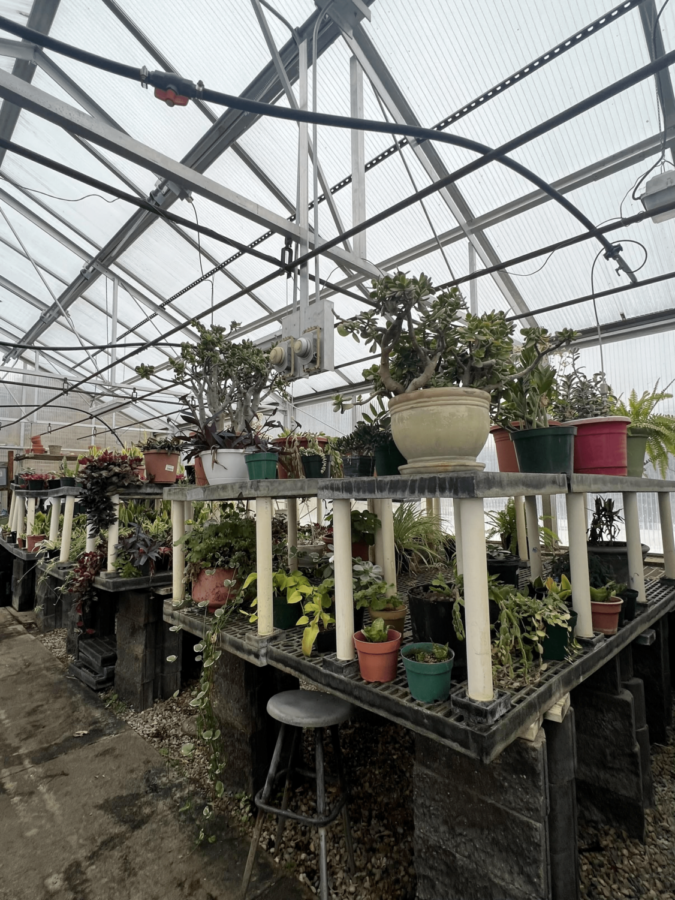


















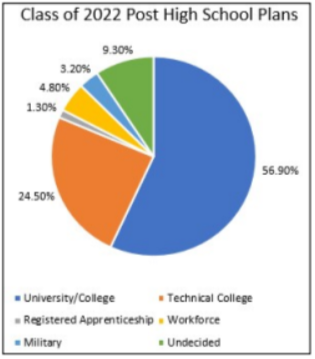
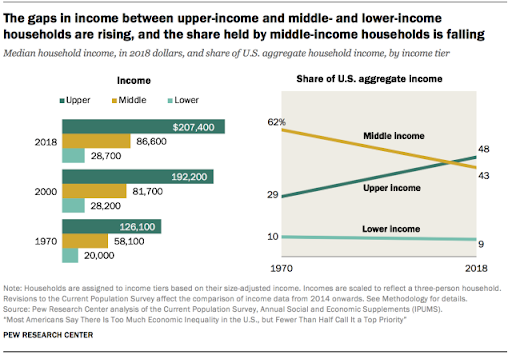


















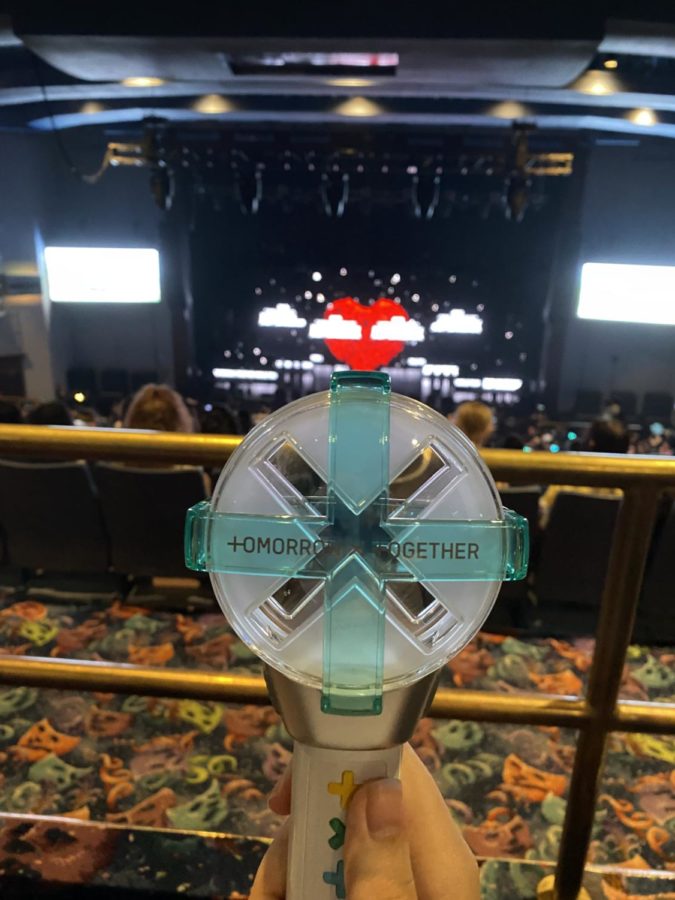

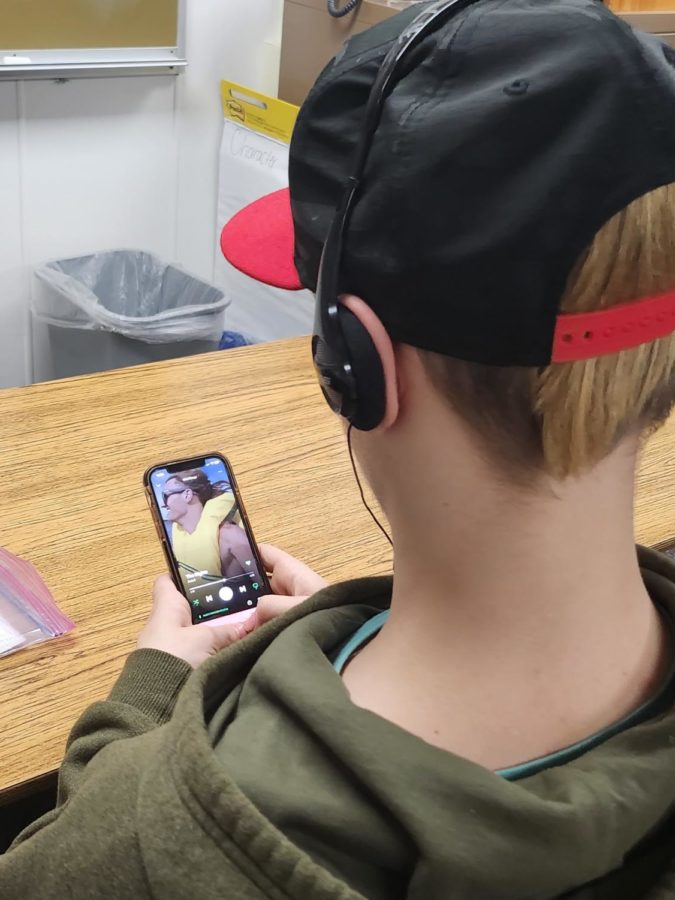












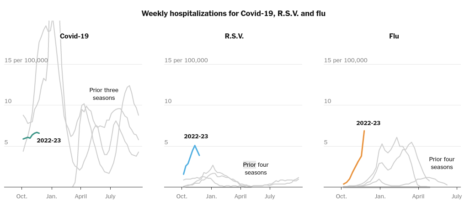




McKenzie Bierman • Jan 20, 2022 at 1:22 PM
Montana, I loved what you wrote about. It definitely caught my eye and I couldn’t stop reading it. Keep up the great work!!
Maxwell R Gulan • Jan 20, 2022 at 7:40 AM
Montana, this article’s topic is incredibly interesting. You did a great job explaining the issue as well as giving the reader both sides of the argument. Awesome job!